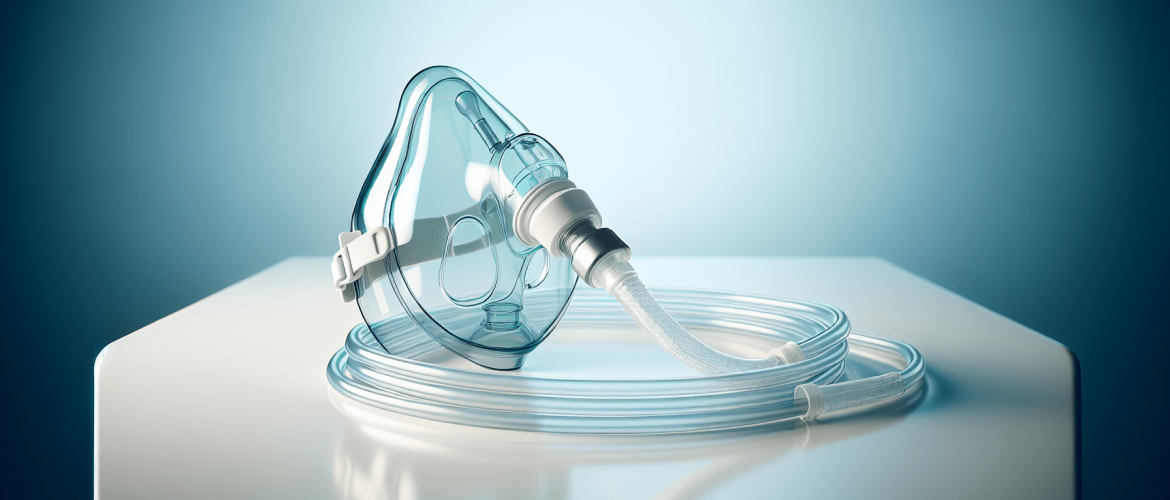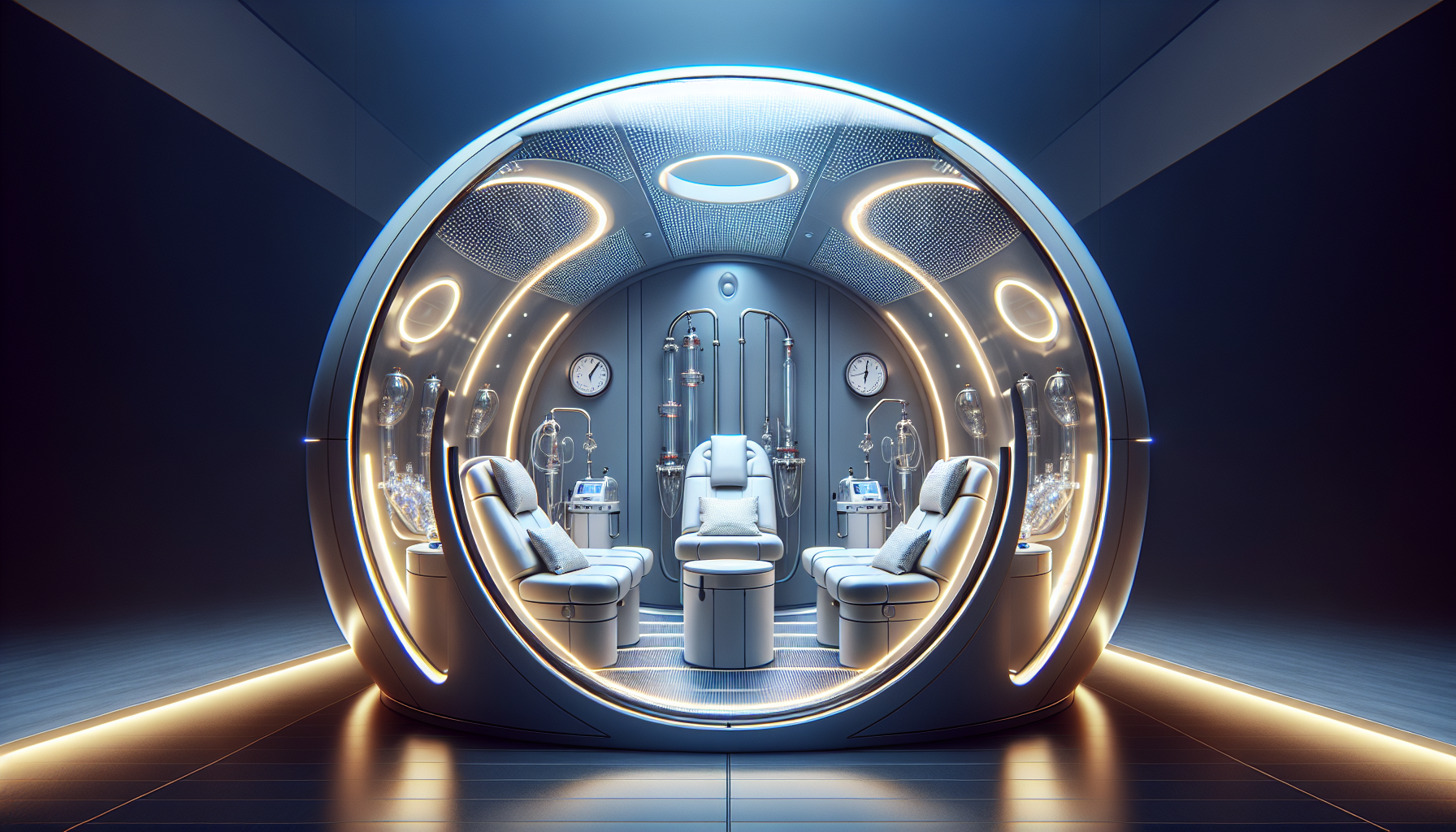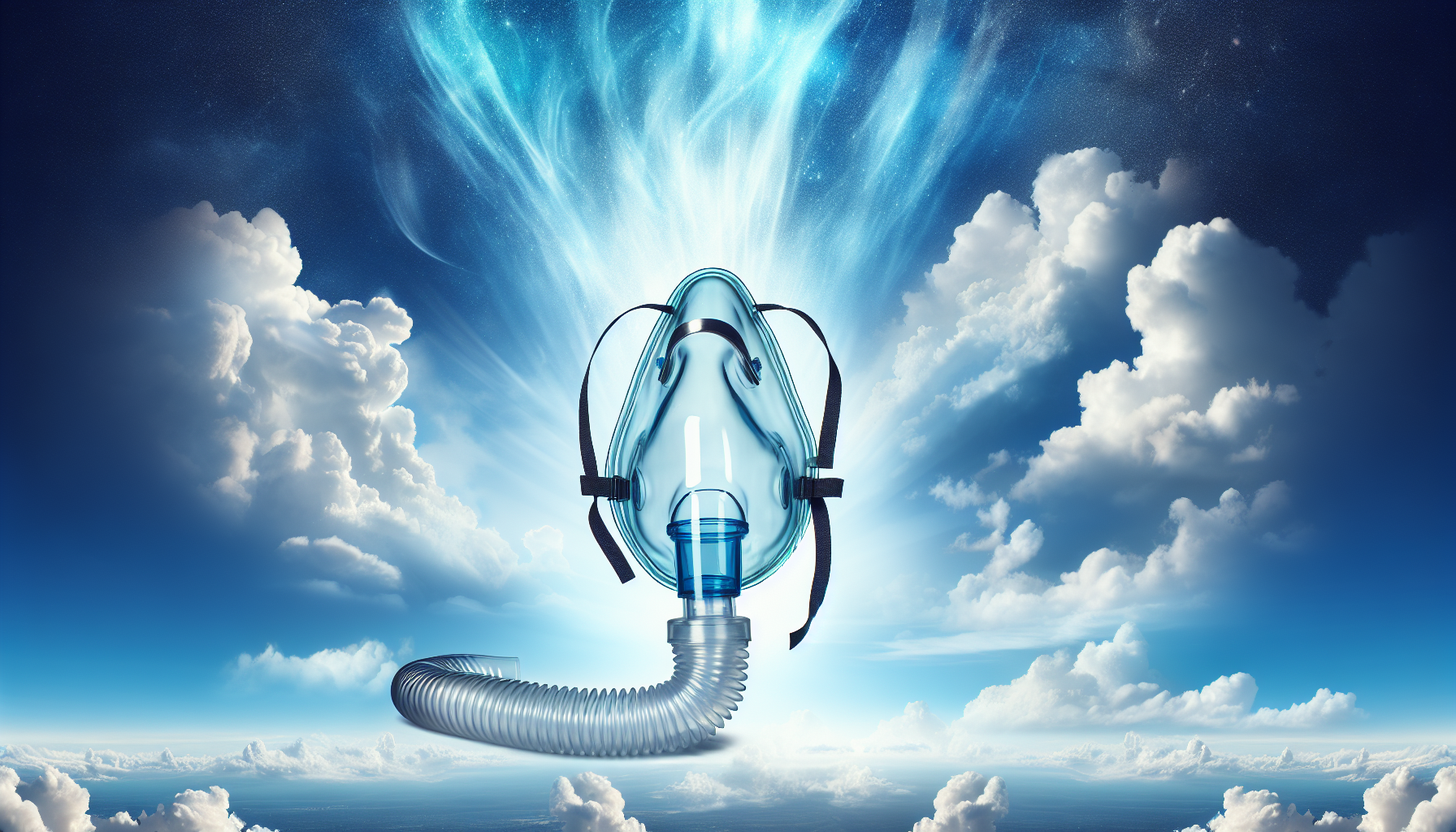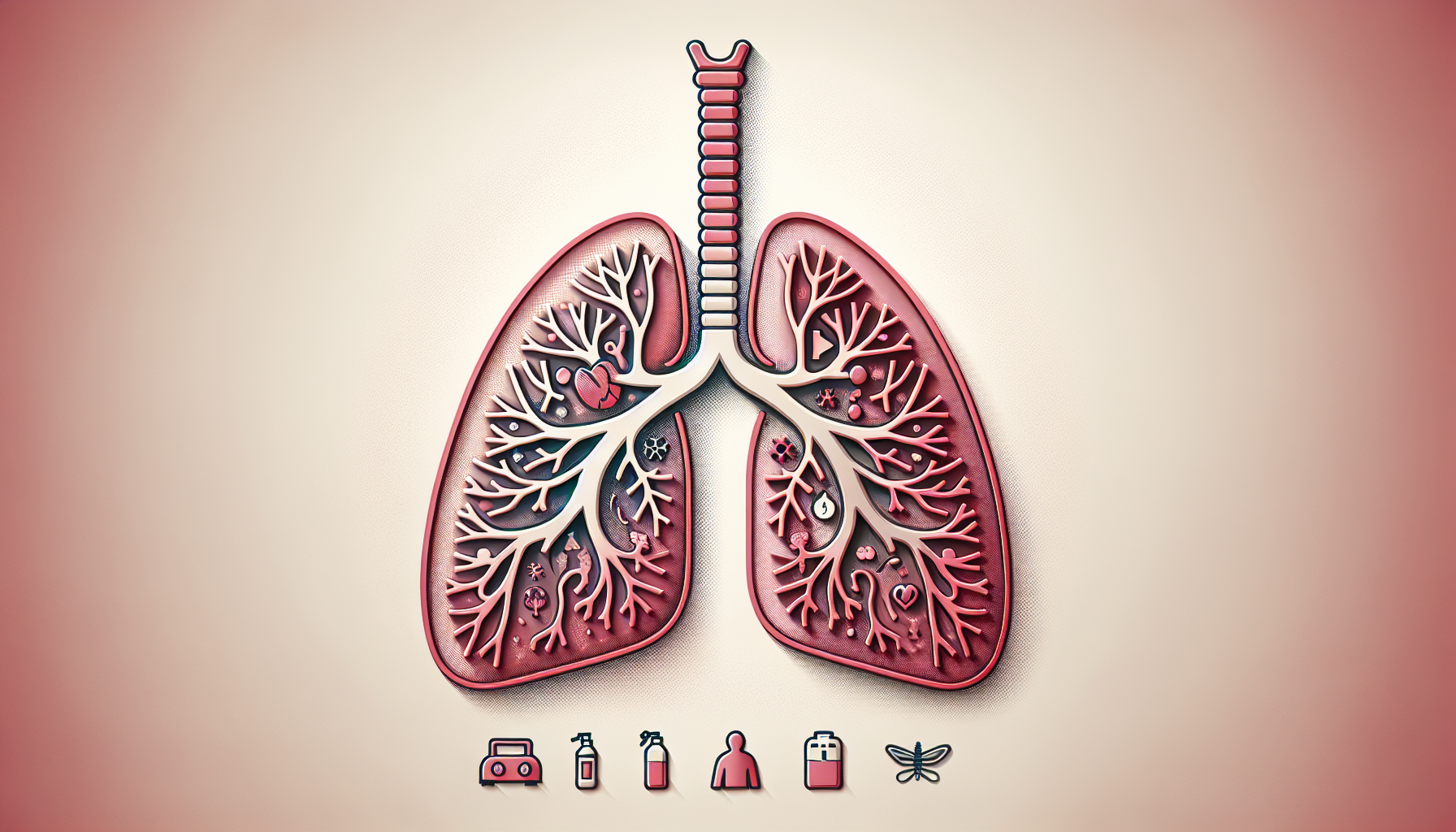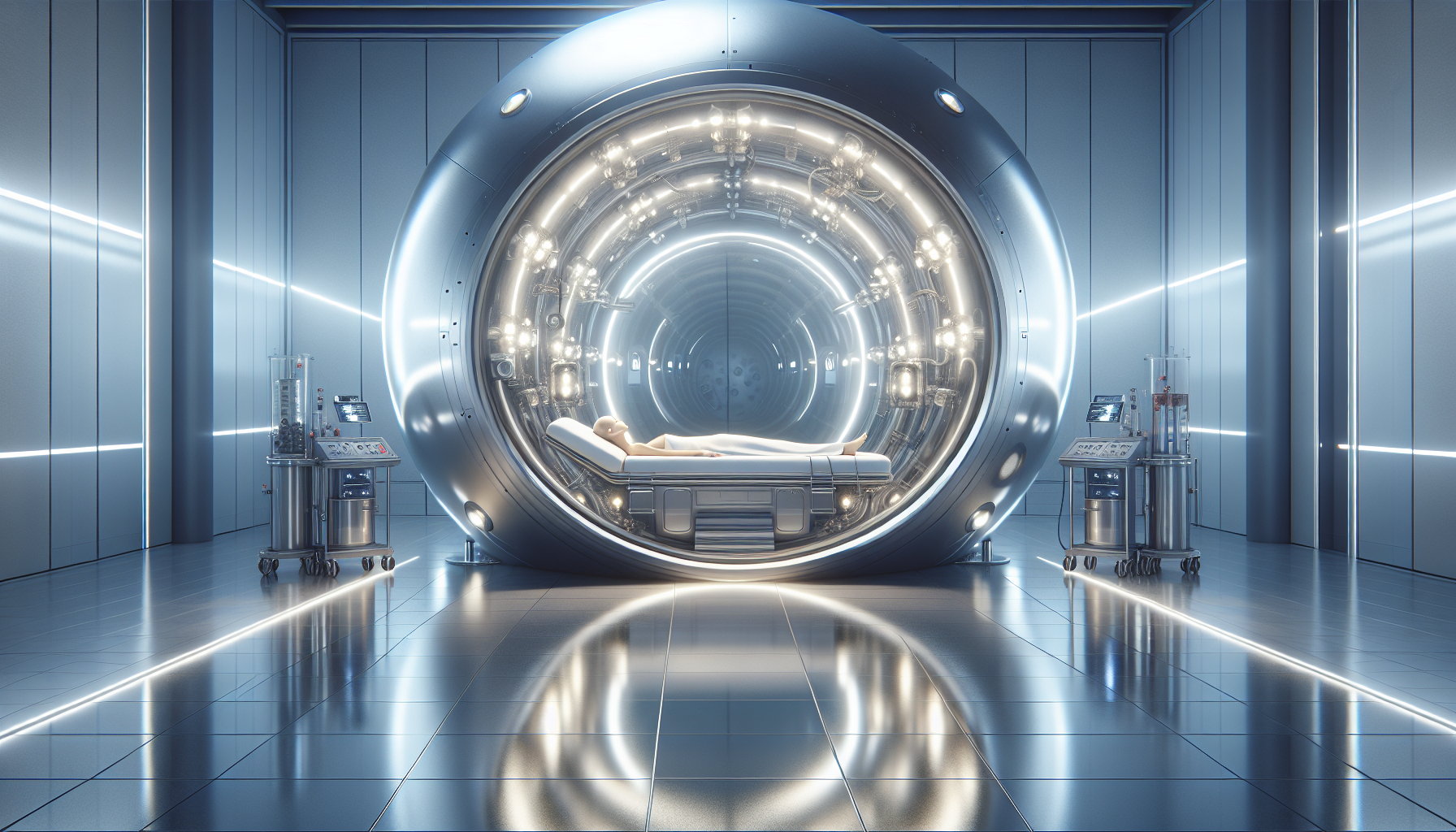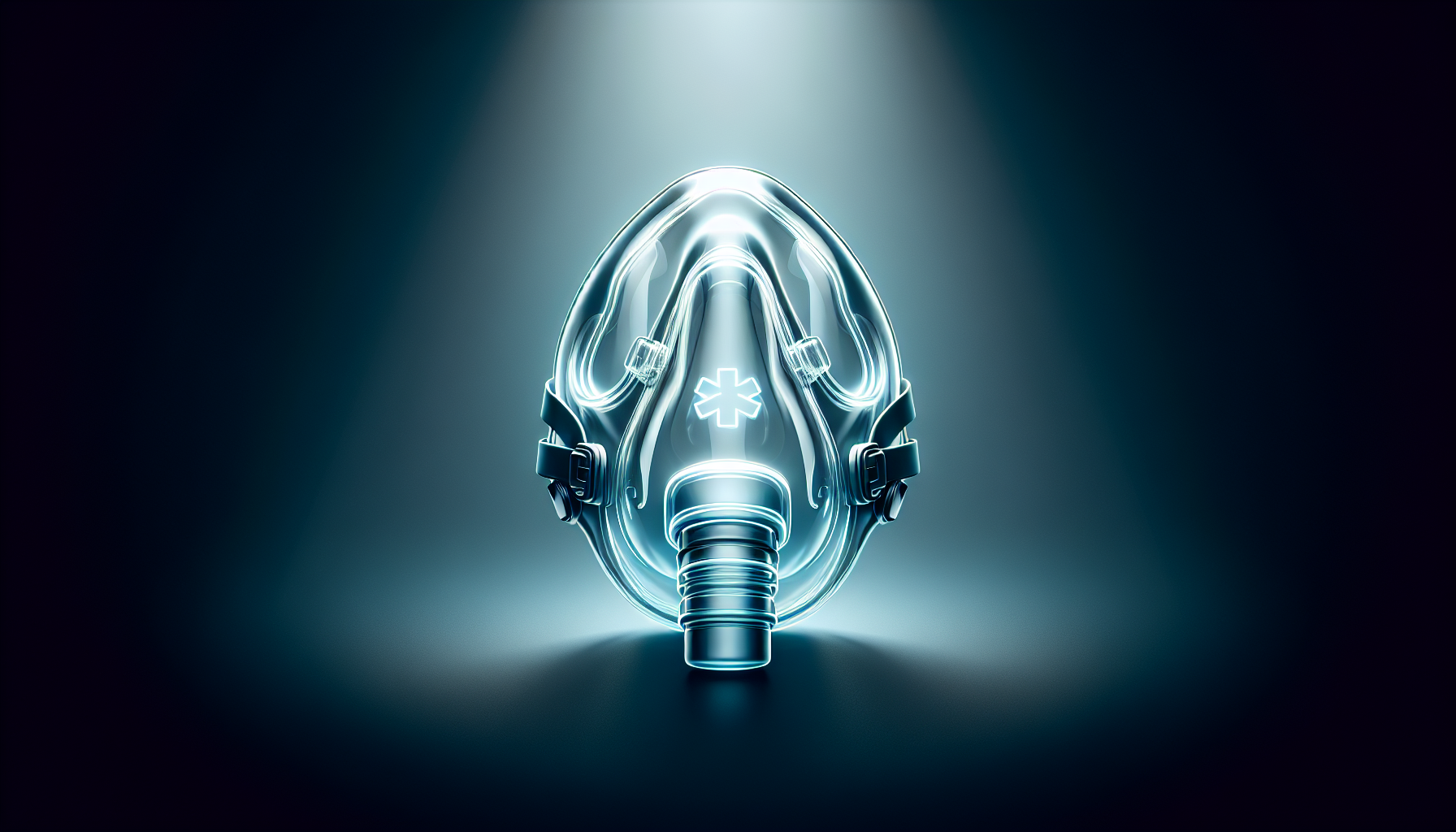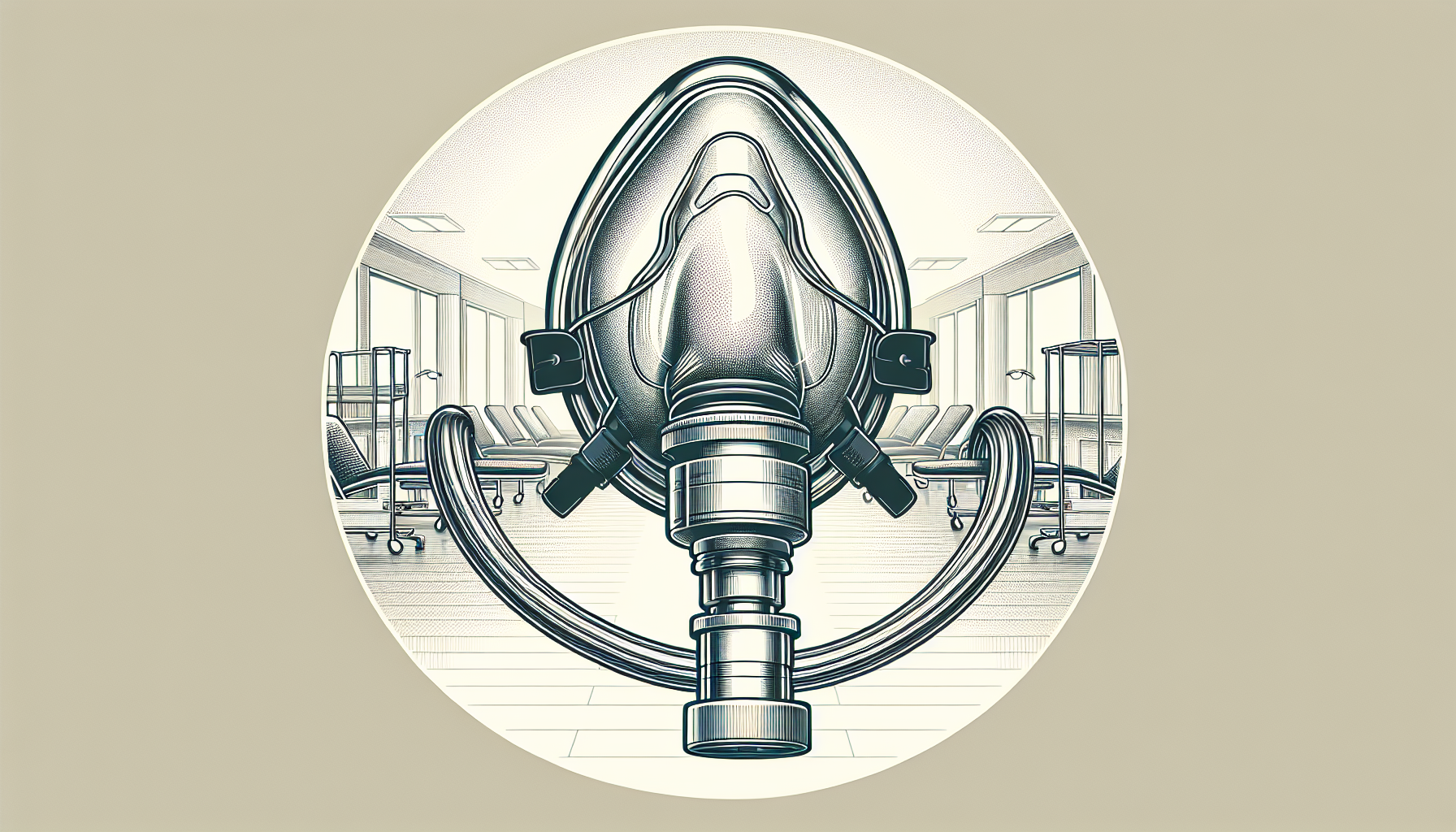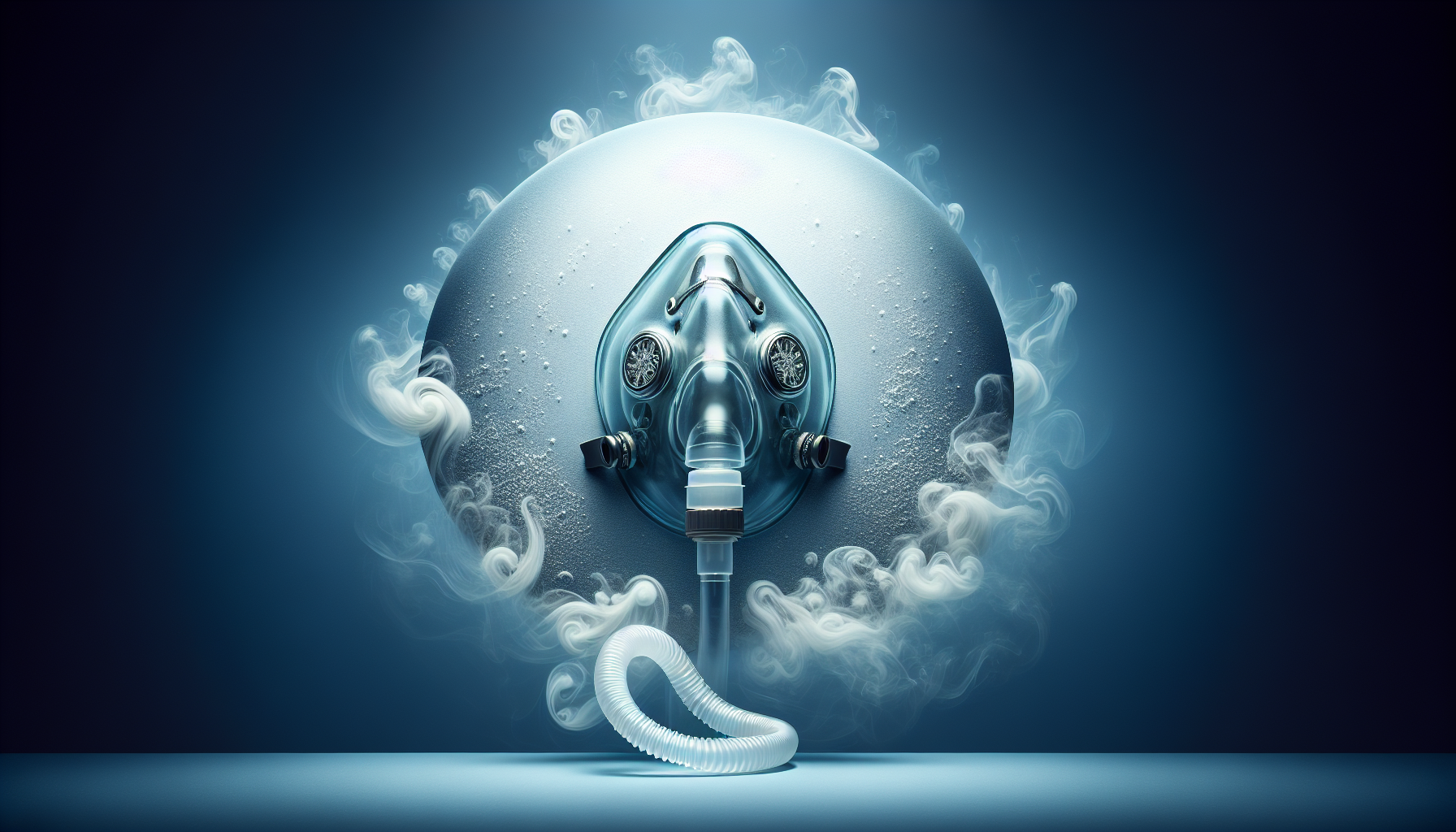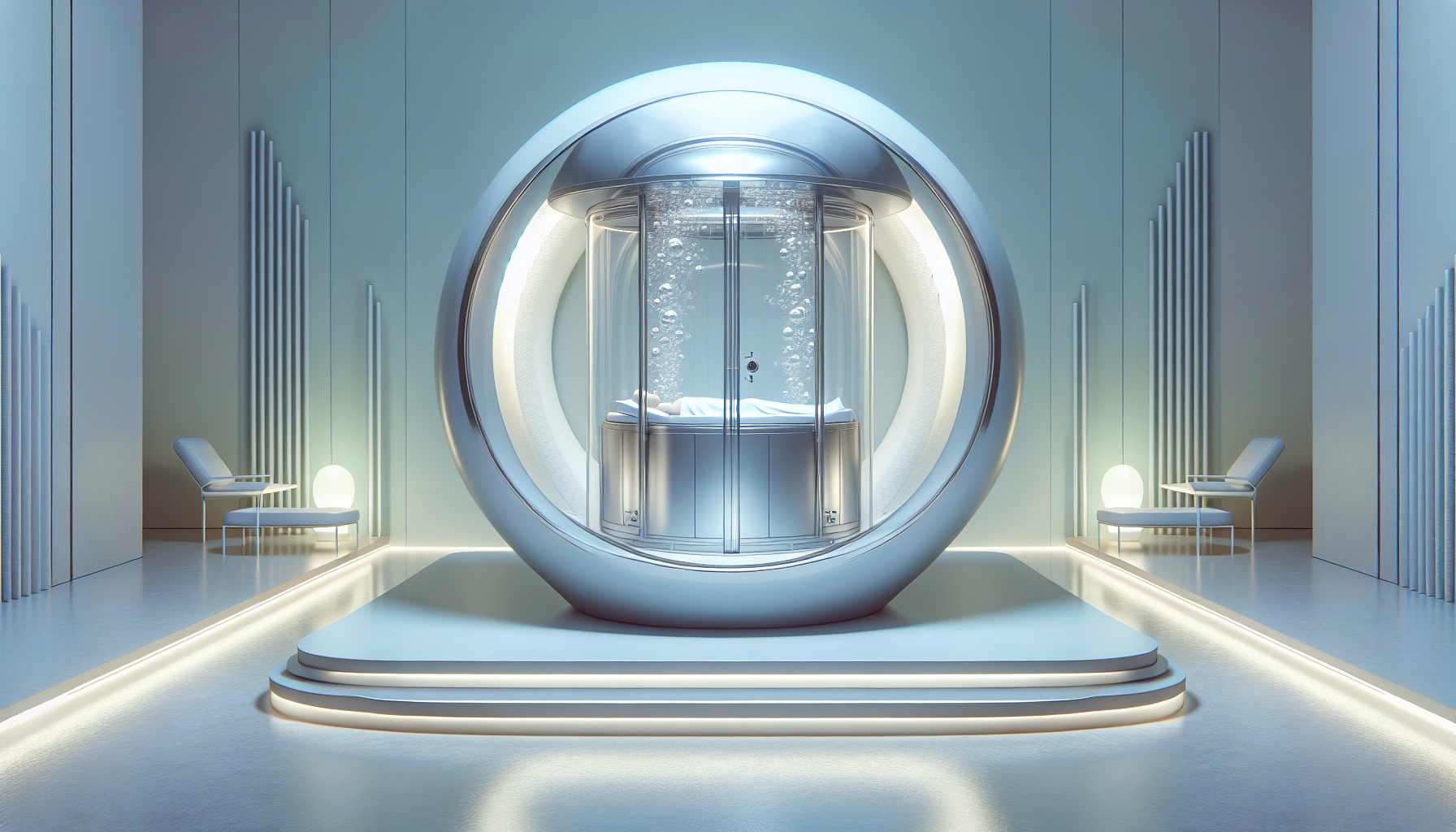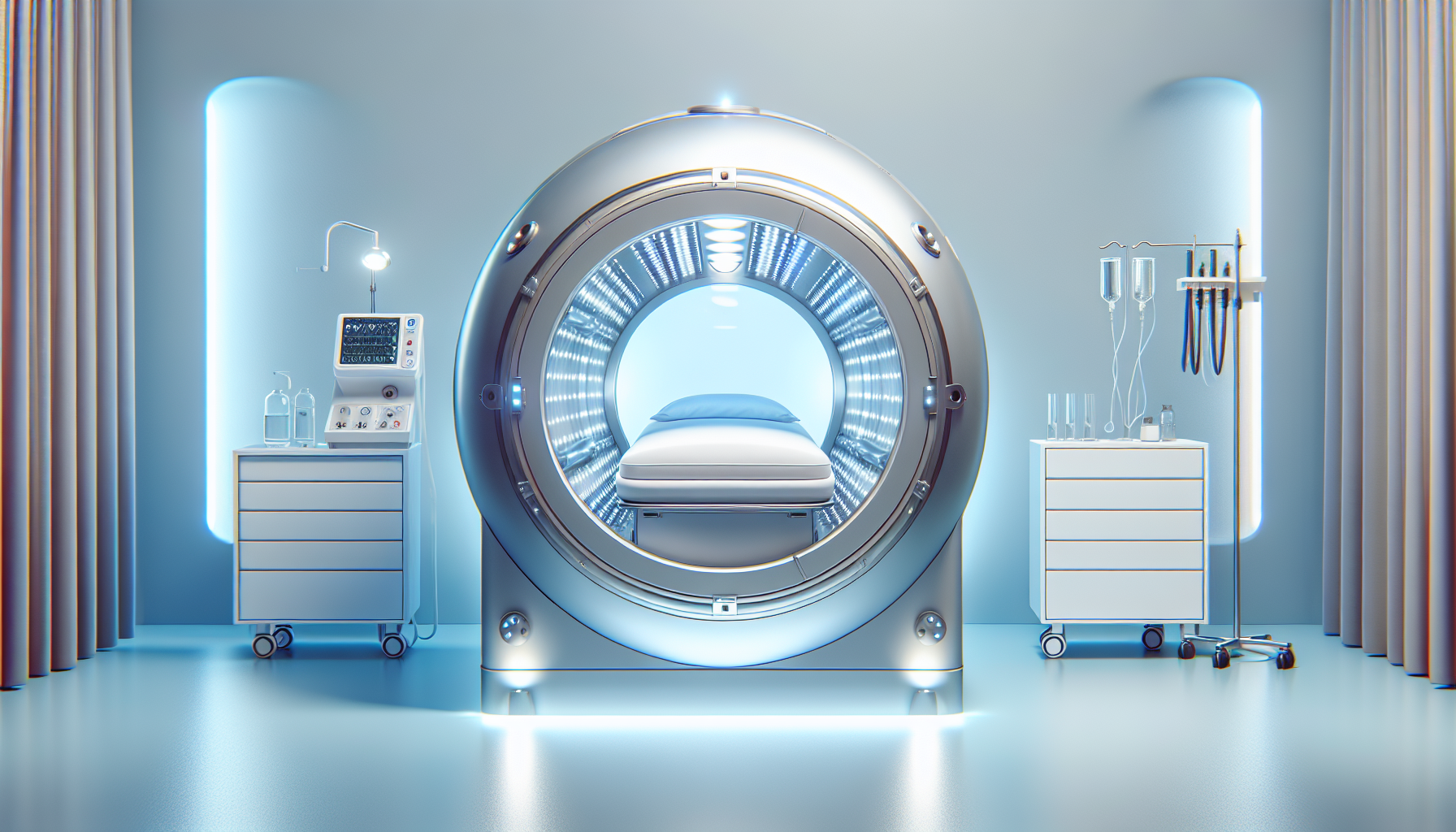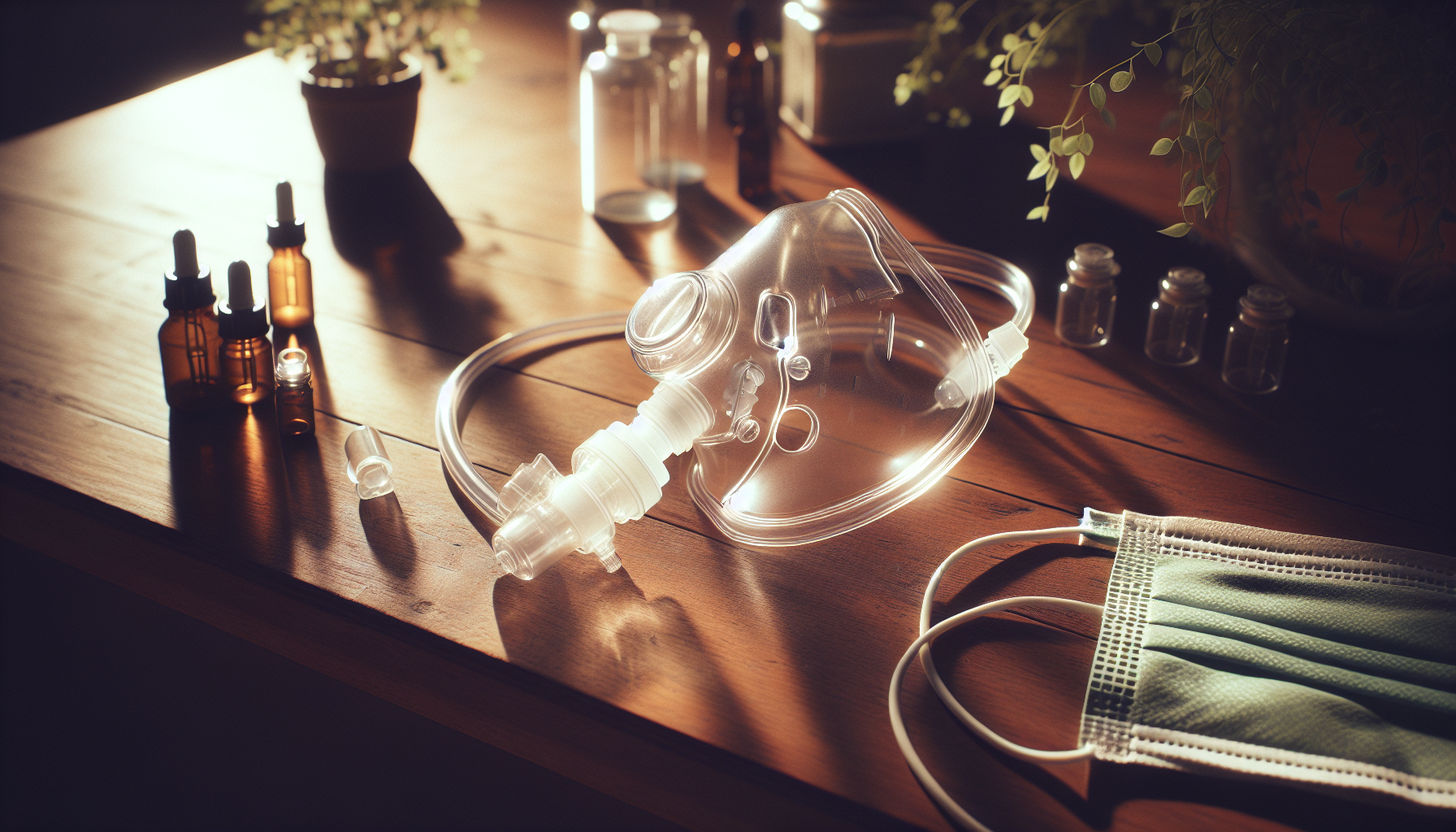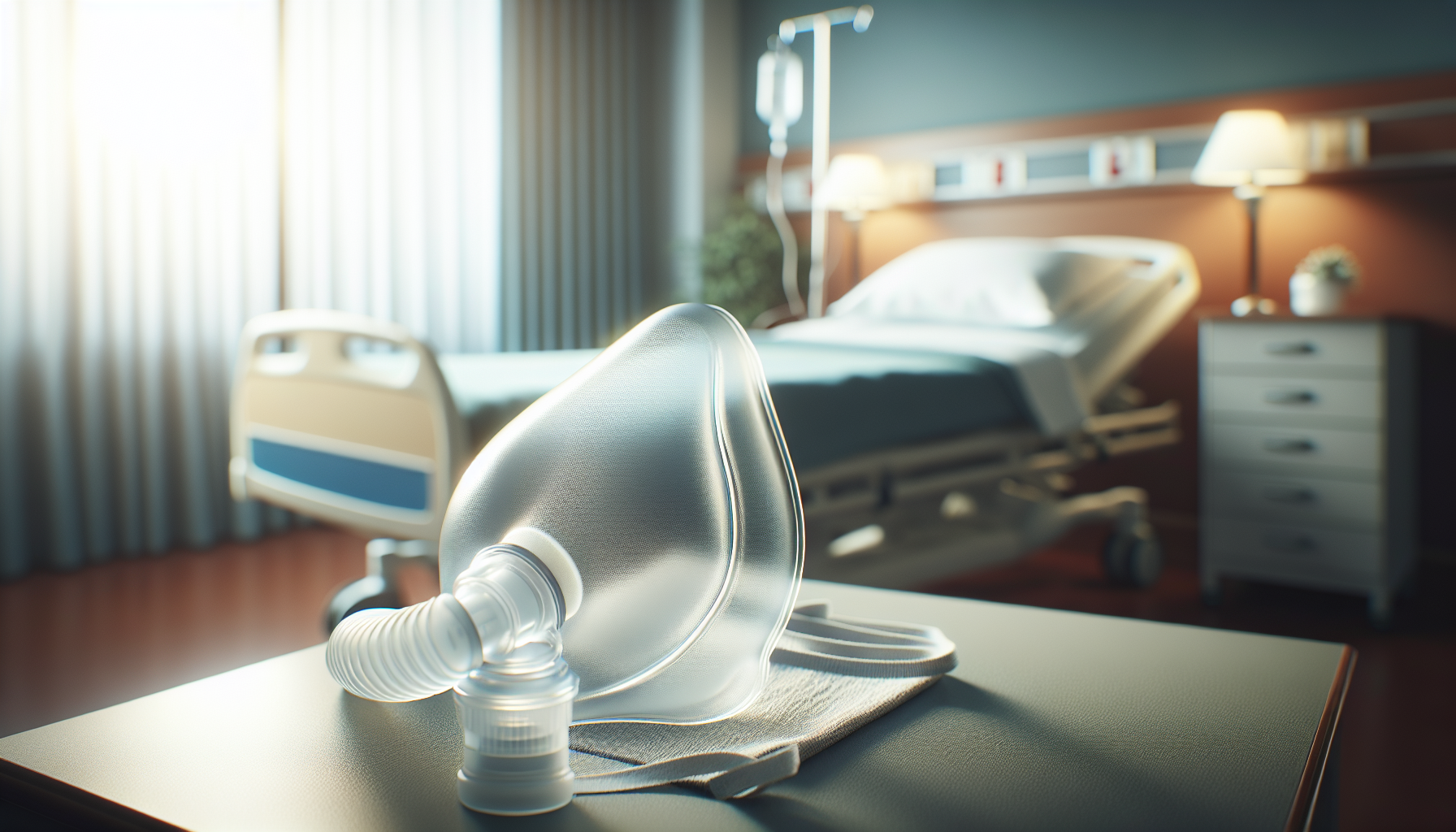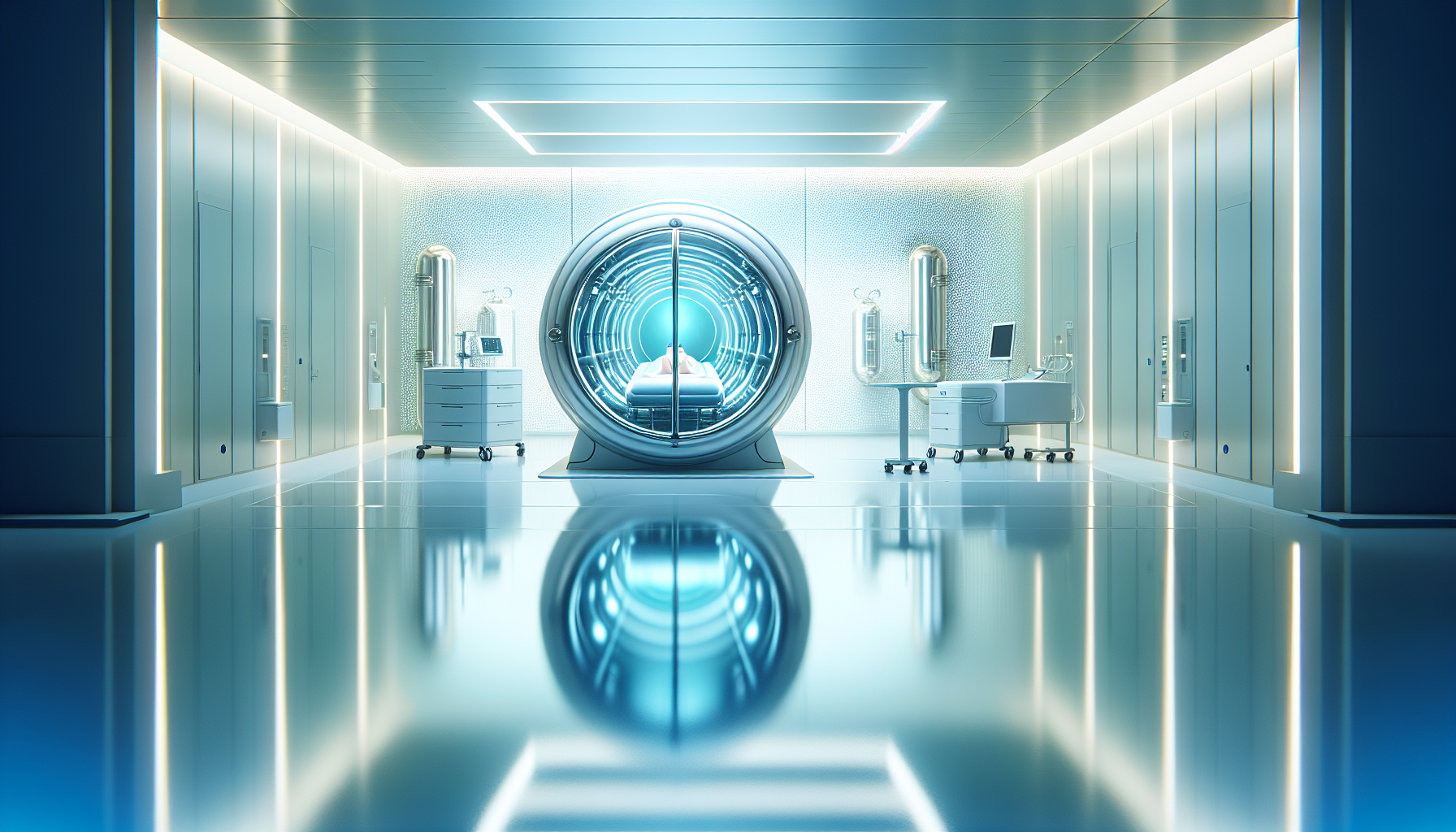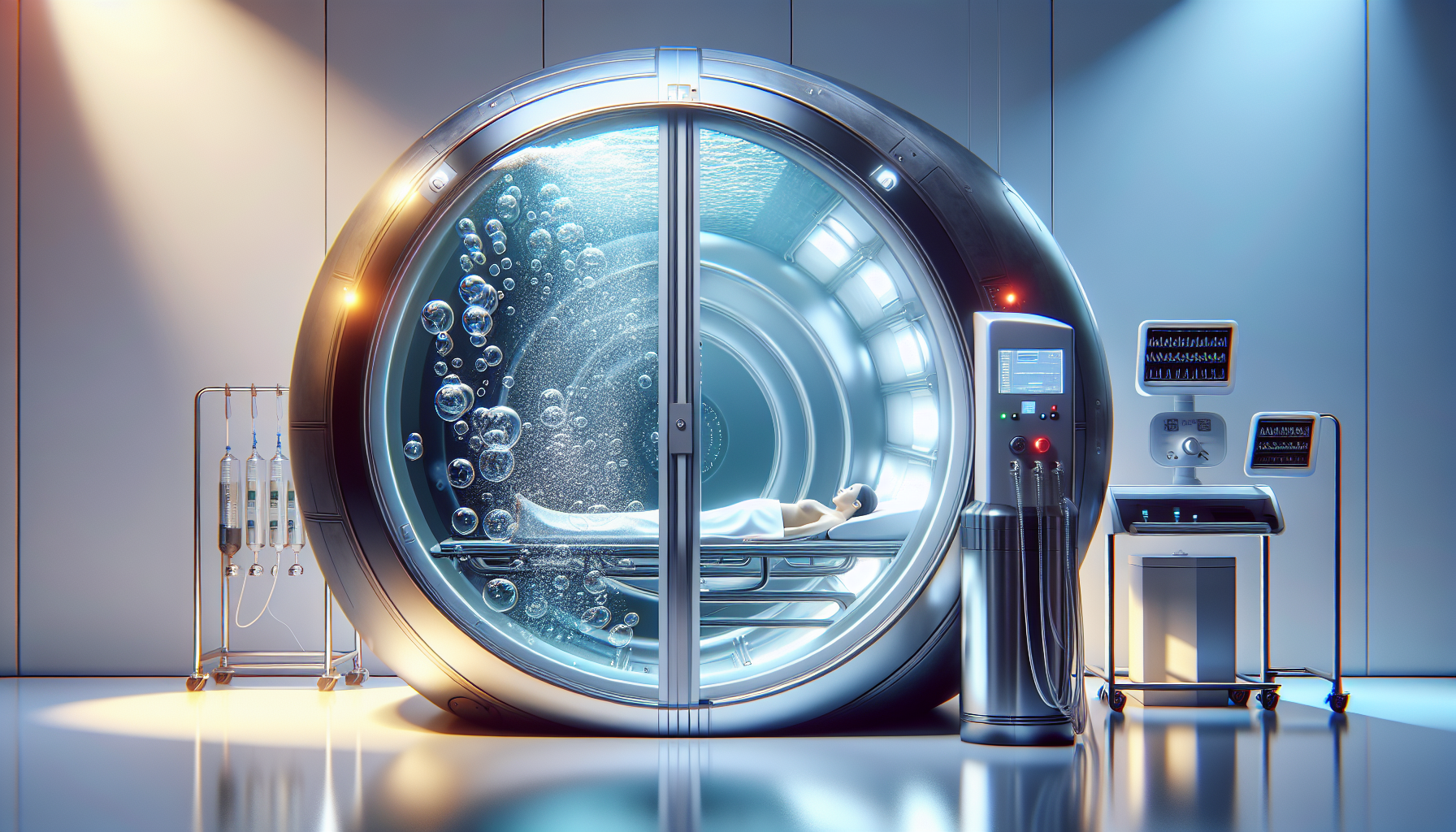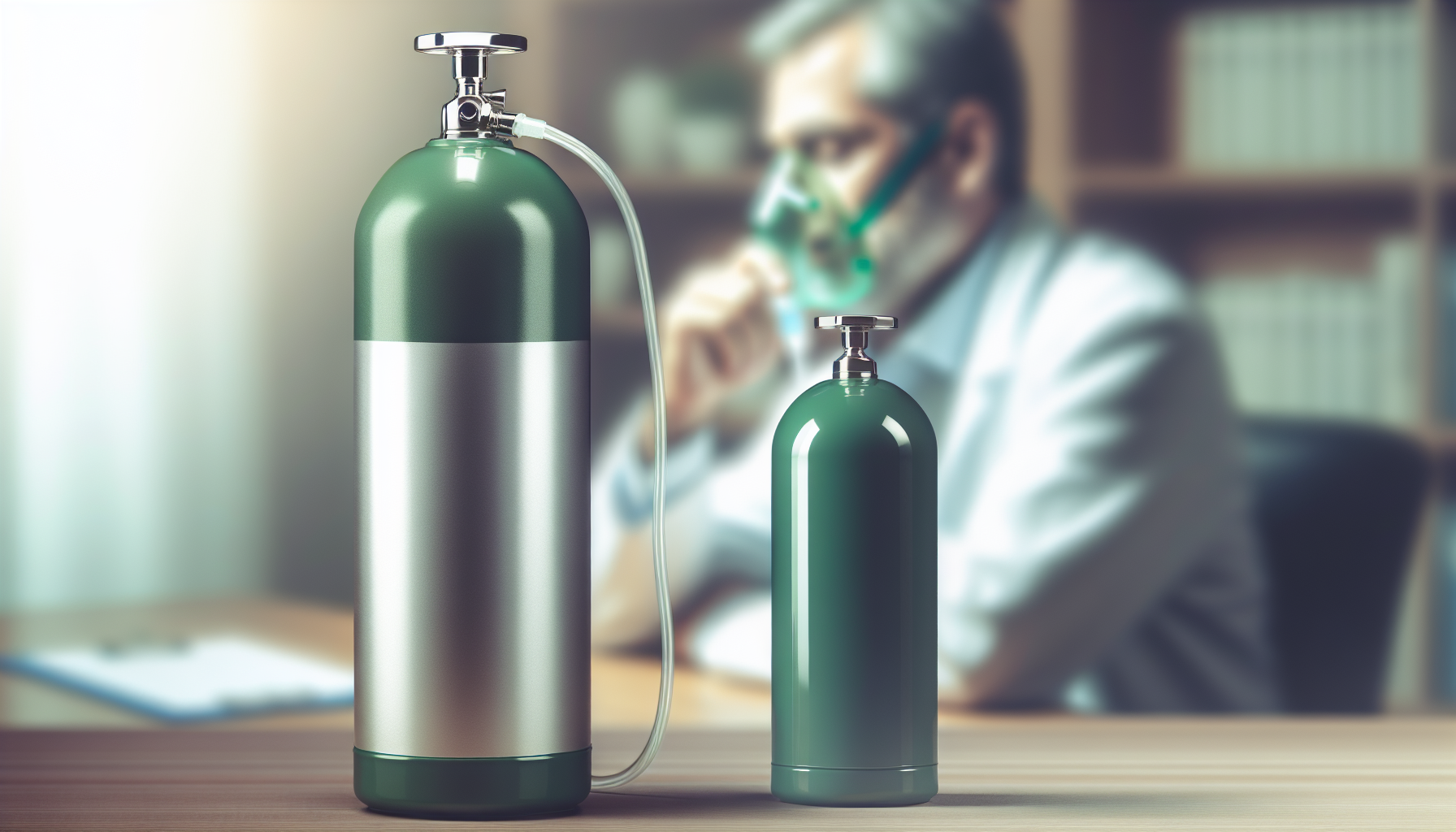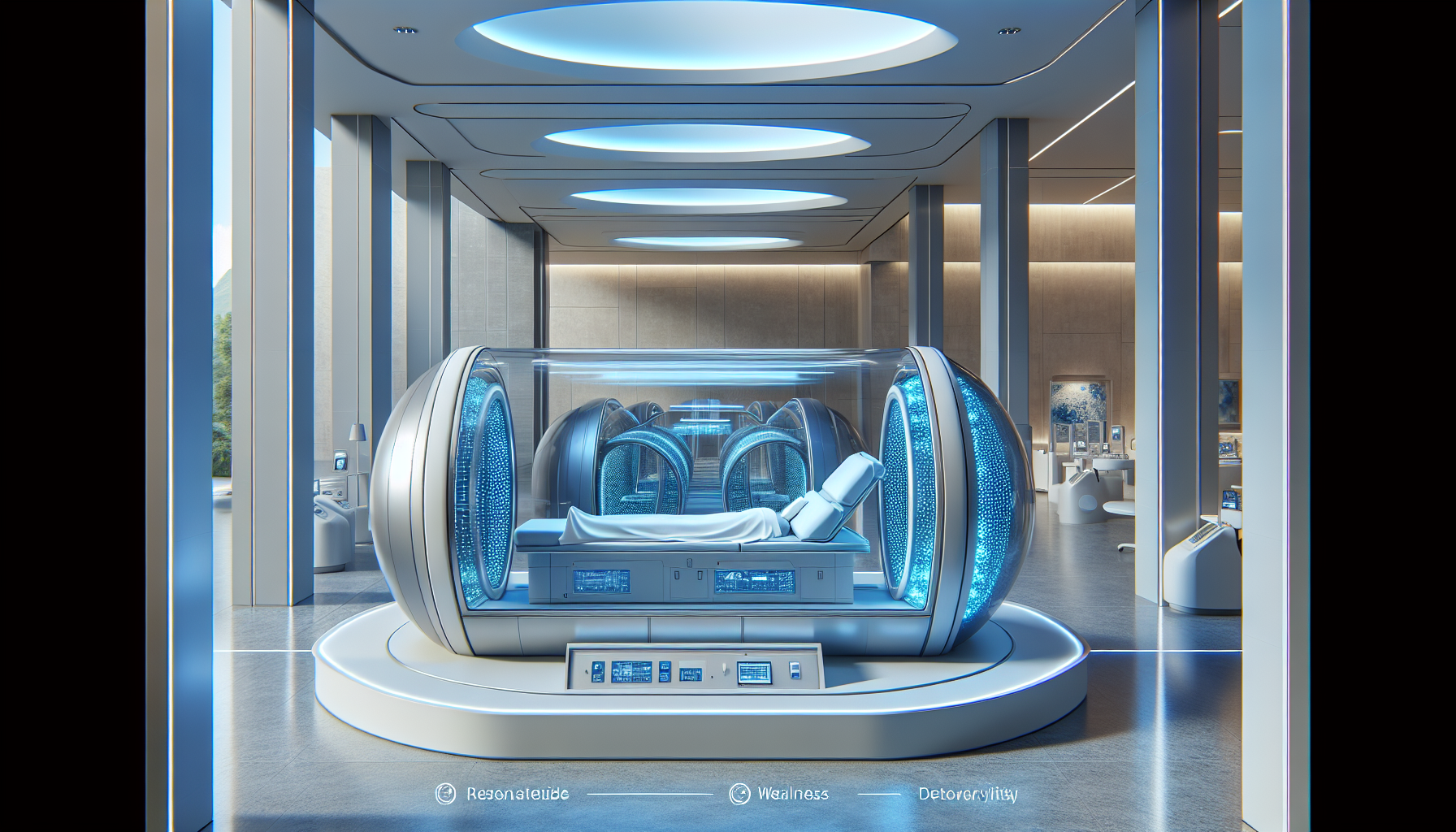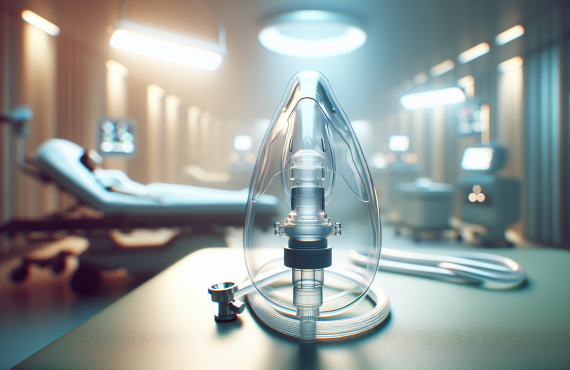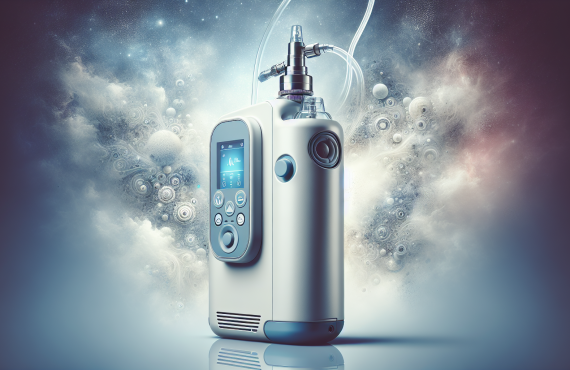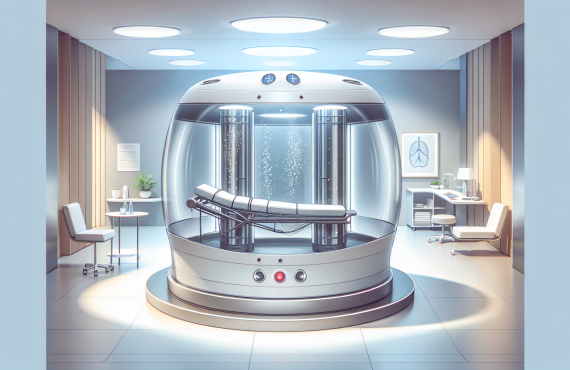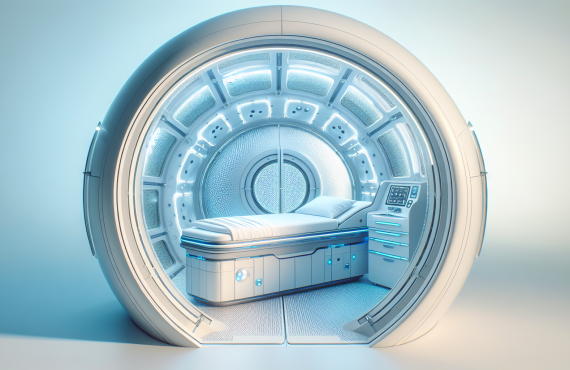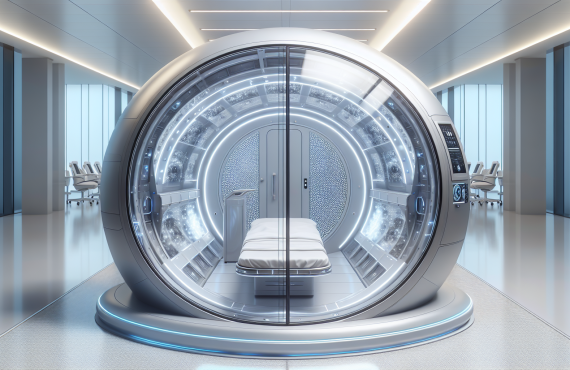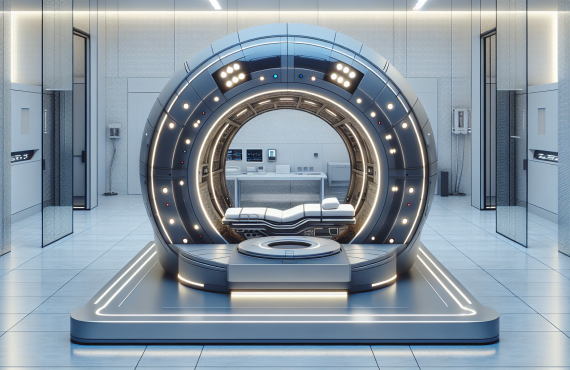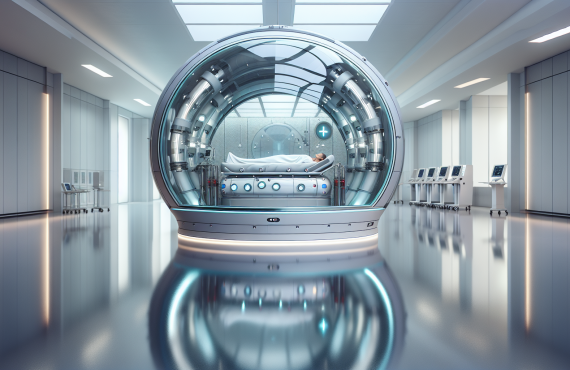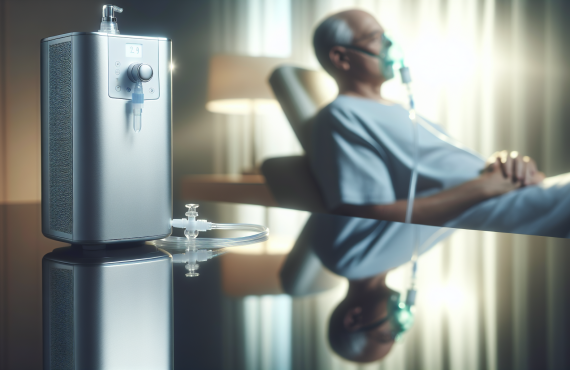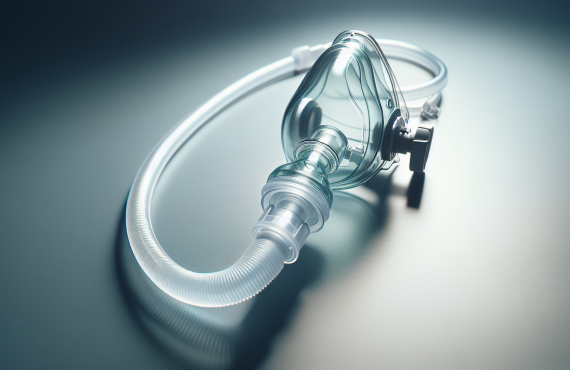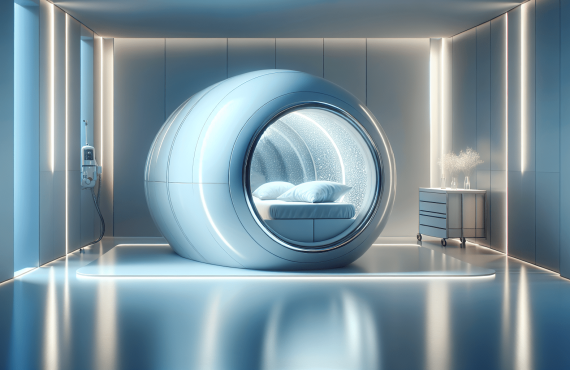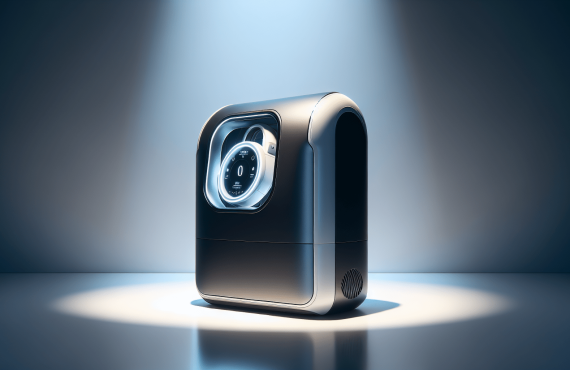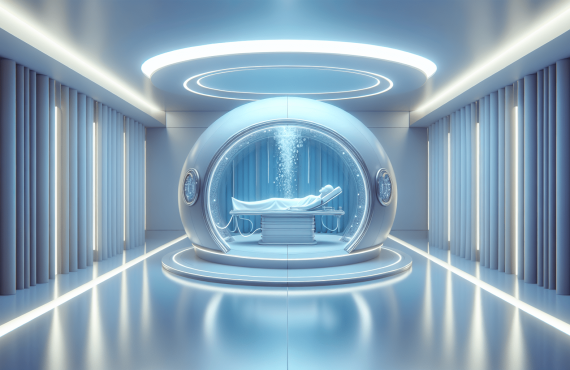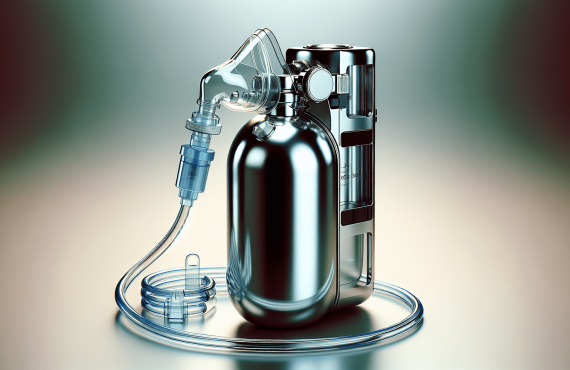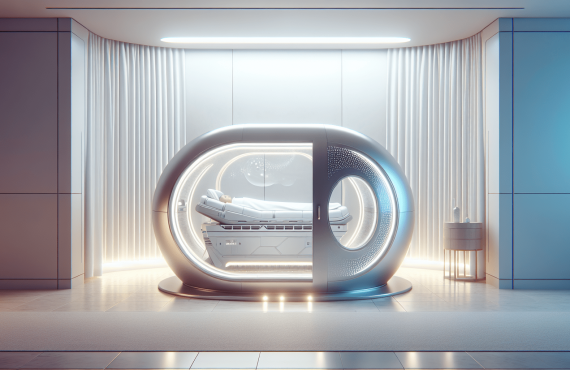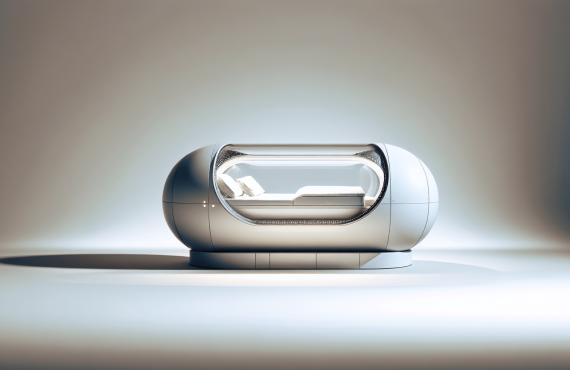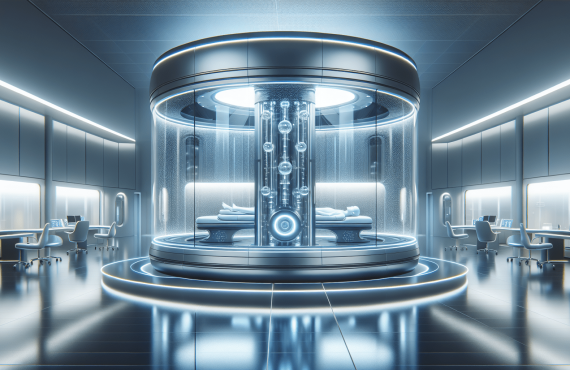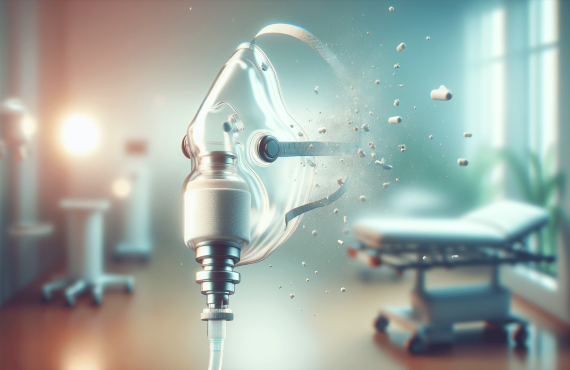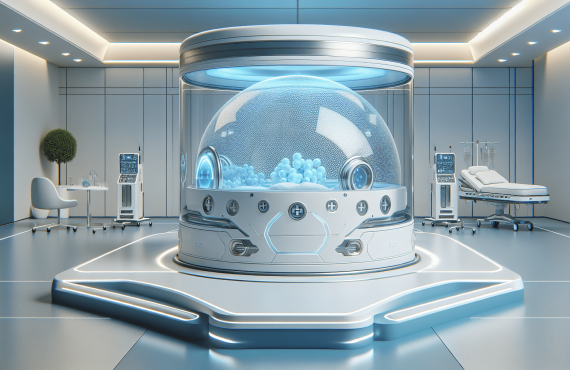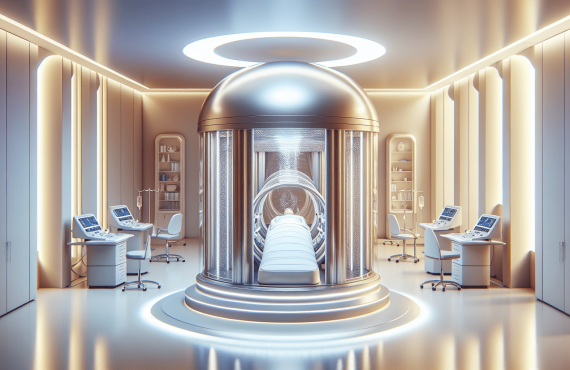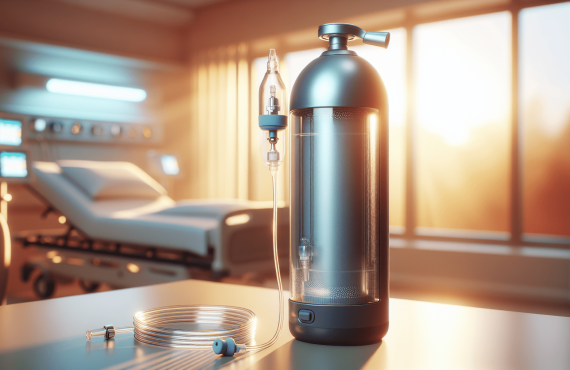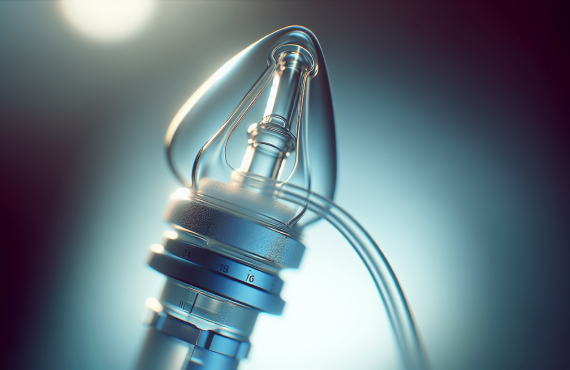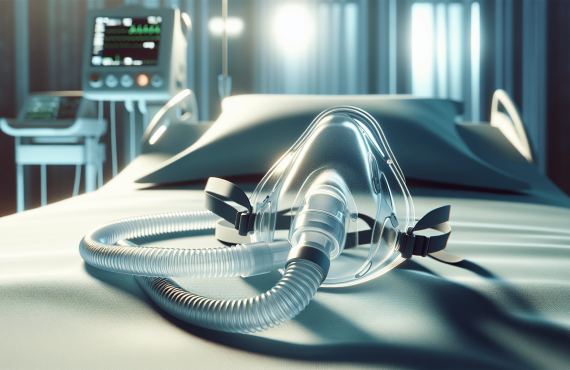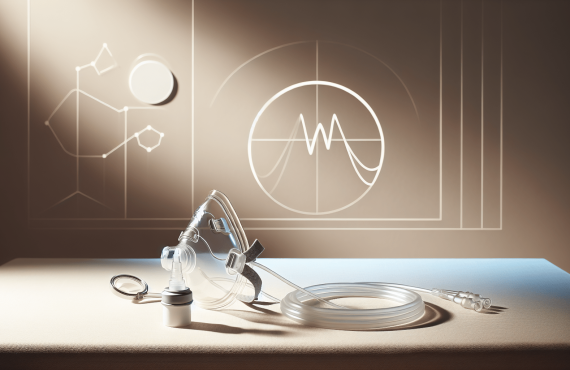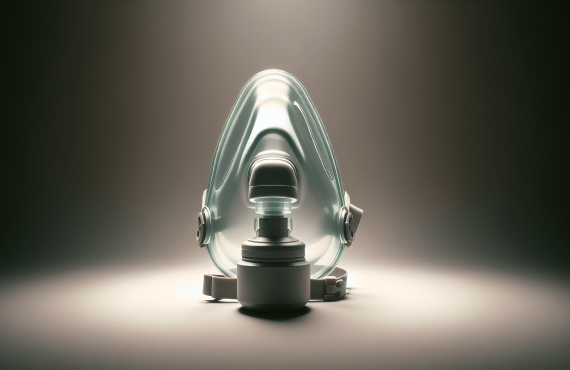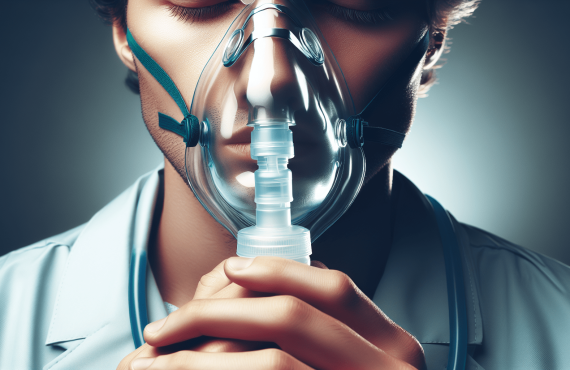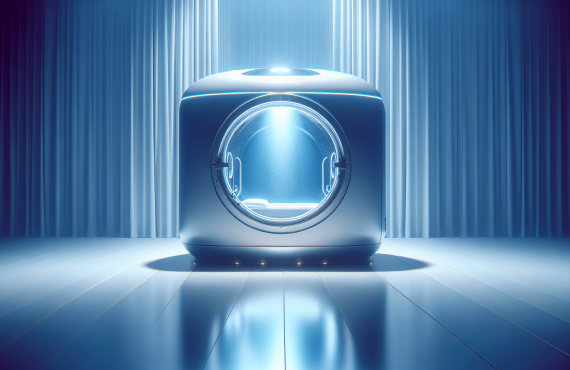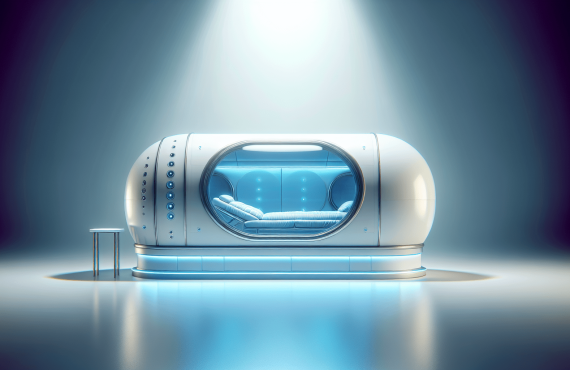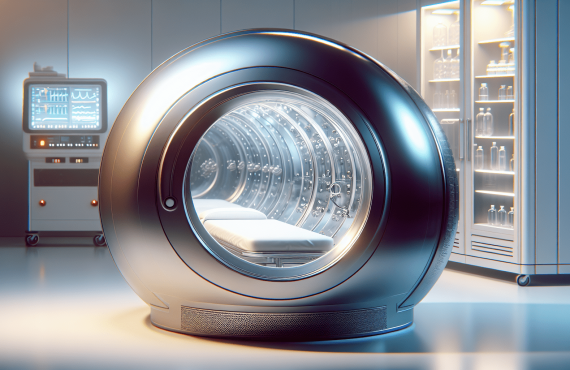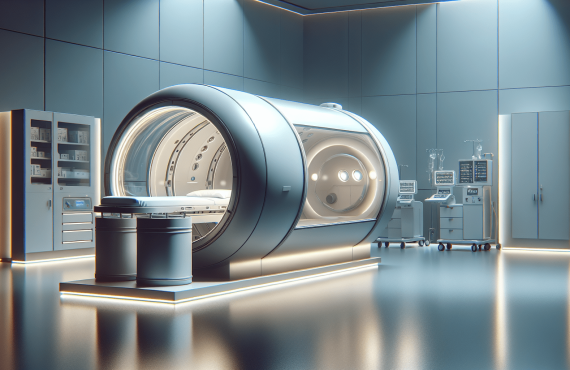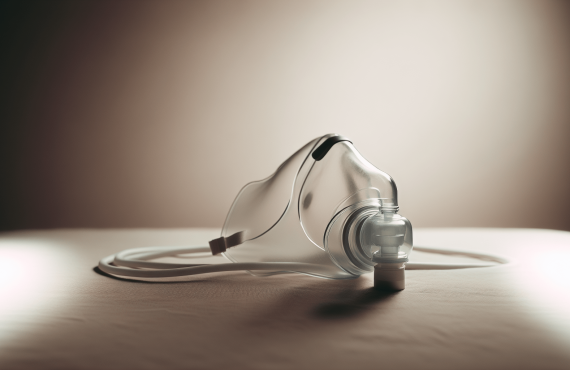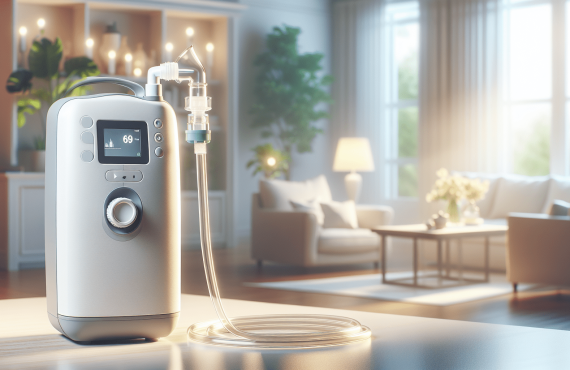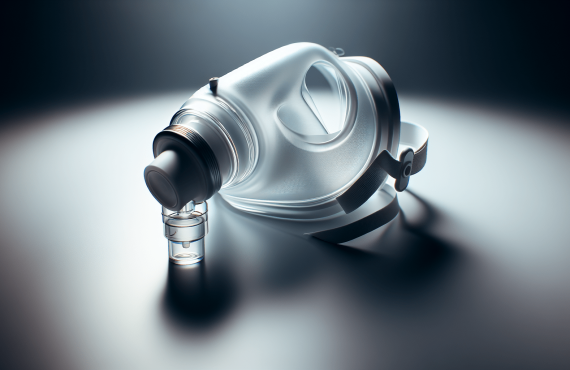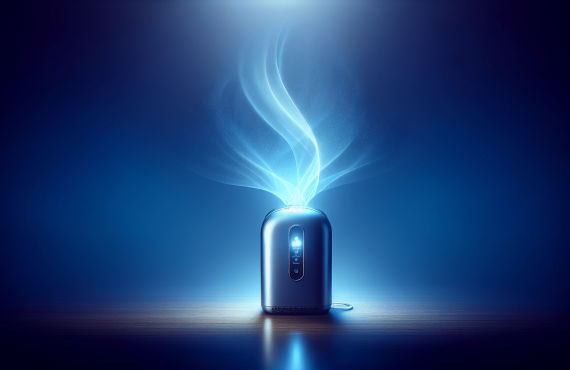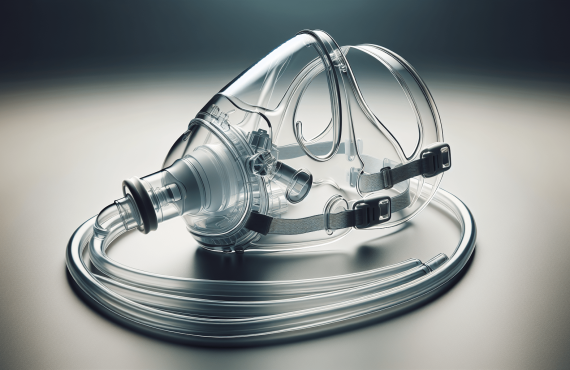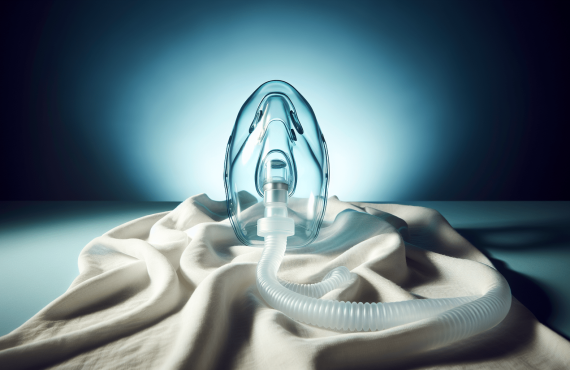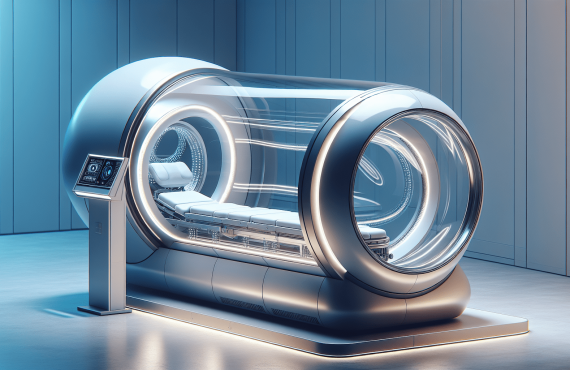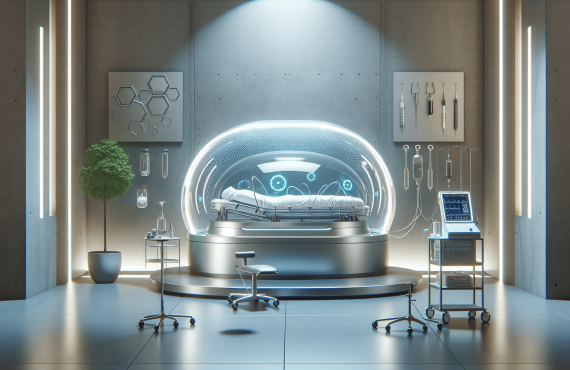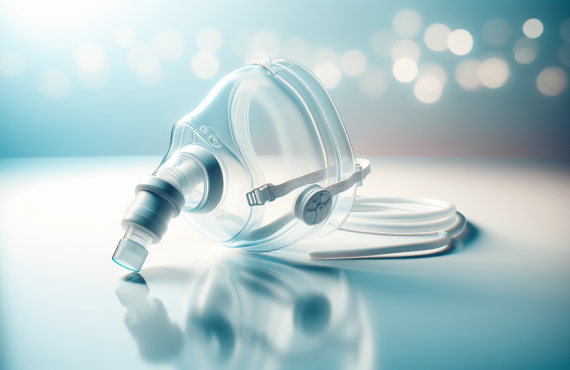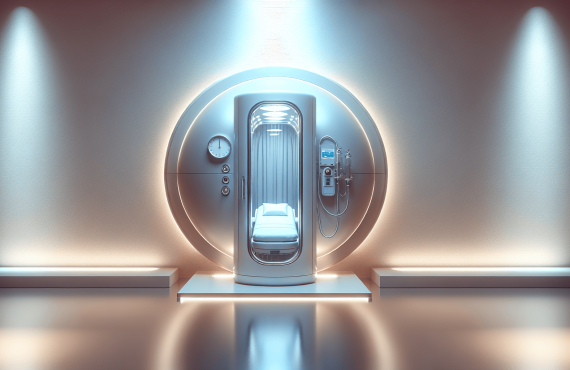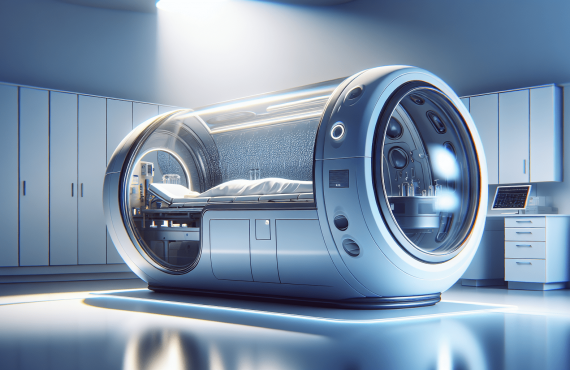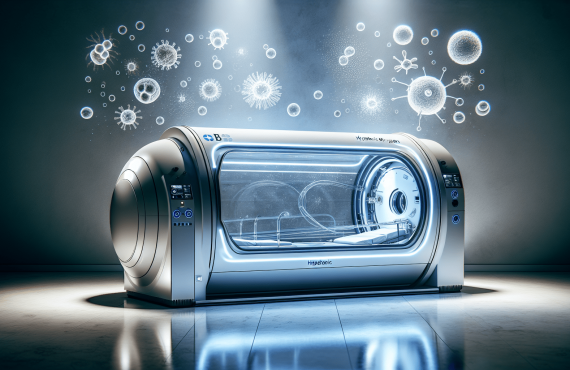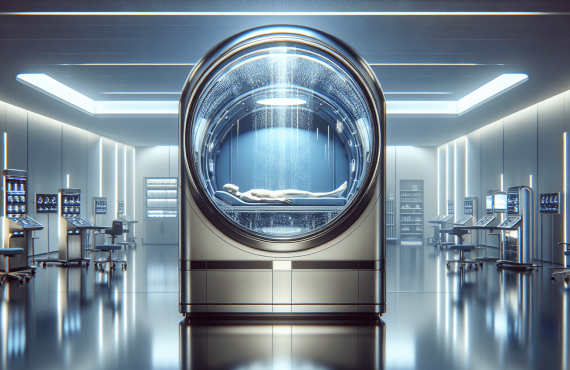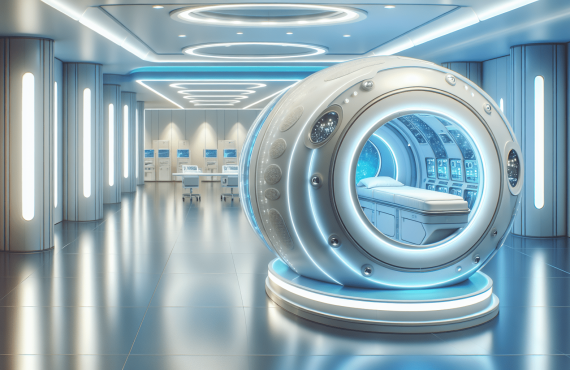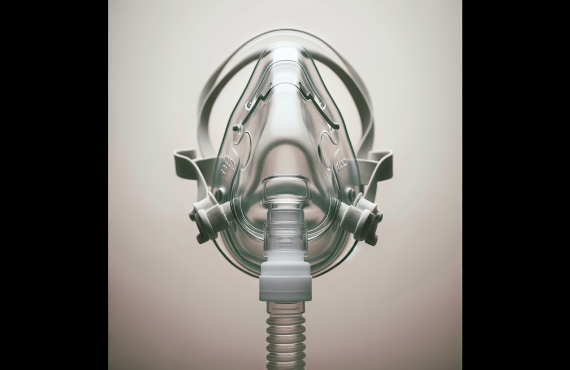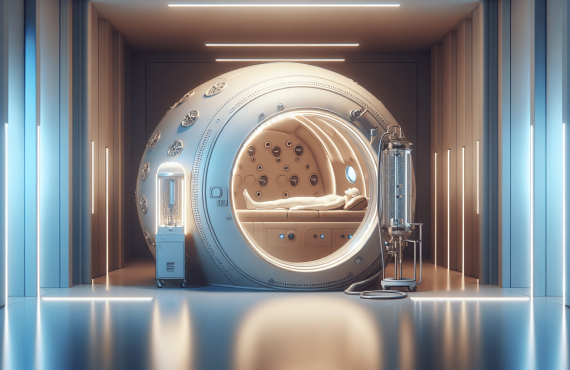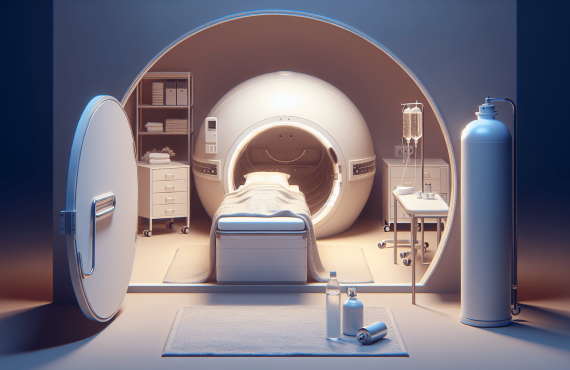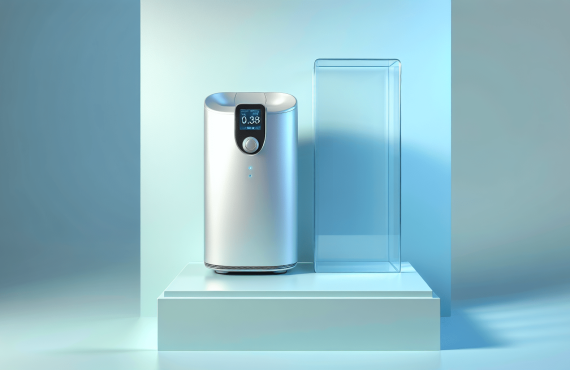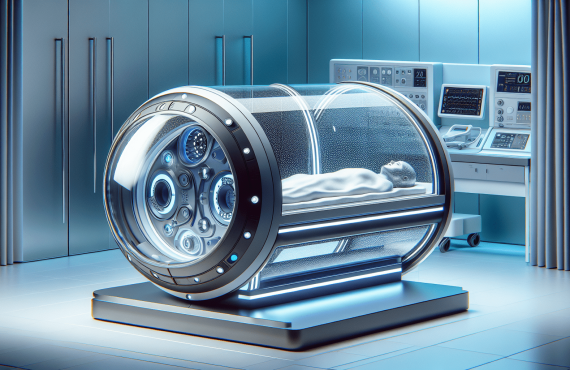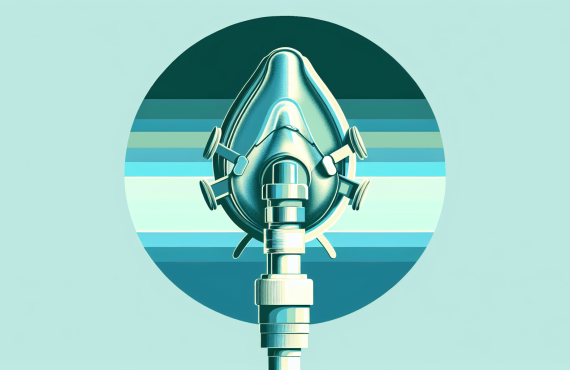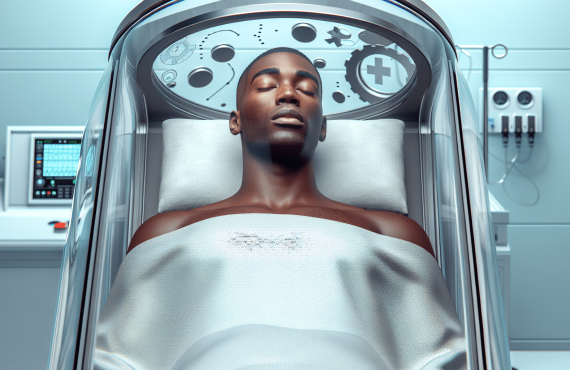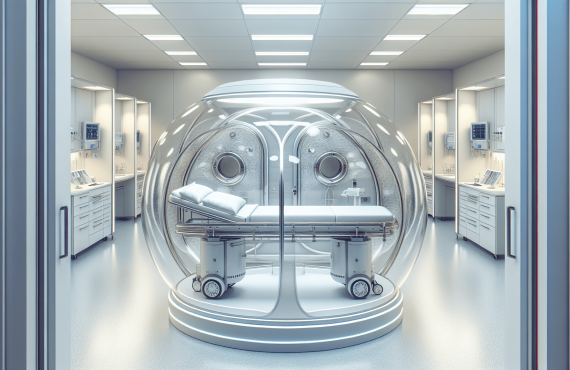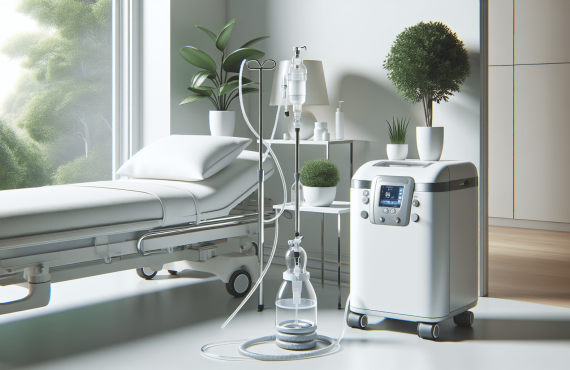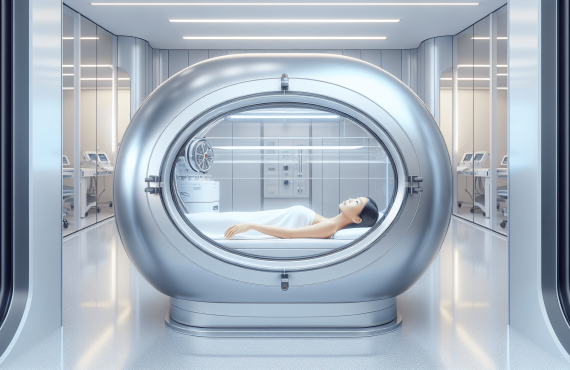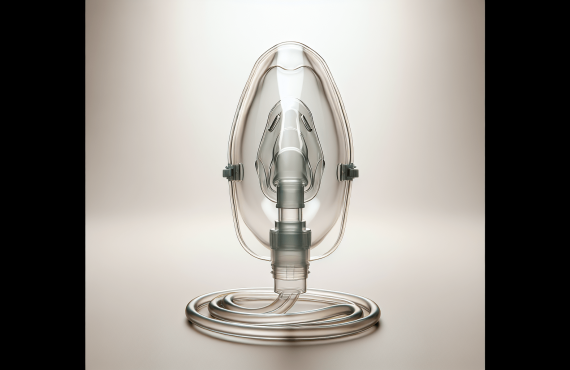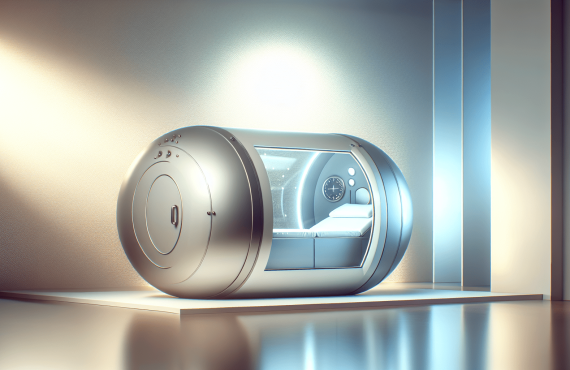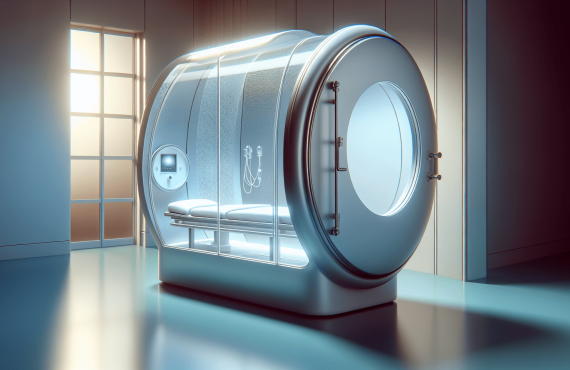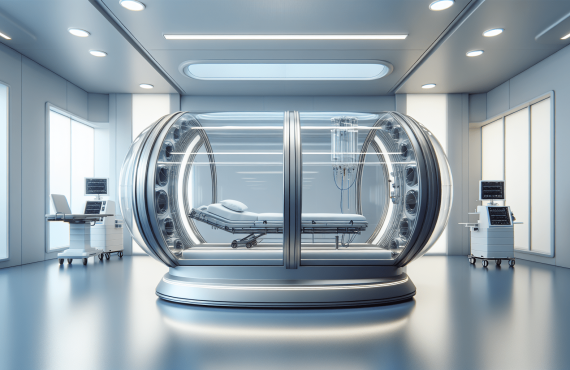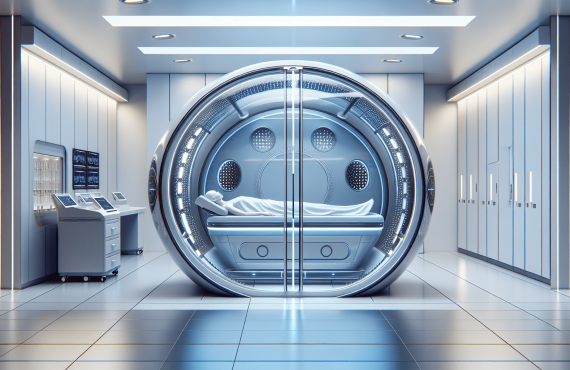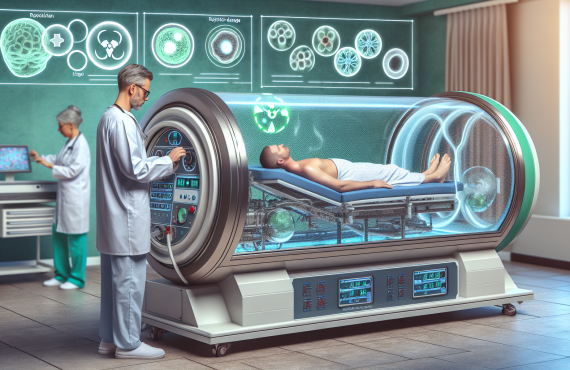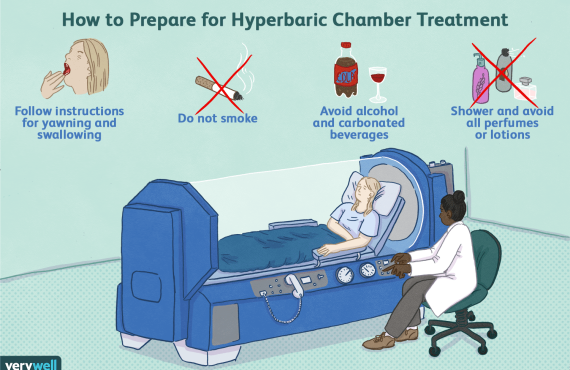Have you ever wondered which patients need oxygen therapy? This medical intervention can be life-saving and life-changing for many individuals. Understanding who might benefit from this treatment can help you make informed decisions for yourself or a loved one. Here, we’ll delve into the details of oxygen therapy, including hyperbaric oxygen therapy, and answer some common questions to give you a well-rounded understanding.
Table of Contents
What is Oxygen Therapy?
Oxygen therapy is a medical treatment that involves providing additional oxygen to the body. It can be administered in various forms, such as through nasal cannulas, face masks, or hyperbaric chambers. The purpose is to increase the oxygen levels in the blood, which can be crucial for patients with certain medical conditions.
Types of Oxygen Therapy
- Nasal Cannula: A lightweight tube with two prongs that sit inside the nostrils.
- Face Mask: Covers the nose and mouth, useful for delivering higher concentrations of oxygen.
- Hyperbaric Oxygen Therapy (HBOT): This involves breathing pure oxygen in a pressurized chamber and is often used for severe and specialized conditions.
Conditions that Might Require Oxygen Therapy
While oxygen therapy can be used in various scenarios, it is generally prescribed for specific medical conditions. Below are some of these conditions and how Oxygen therapy can be beneficial.
Chronic Obstructive Pulmonary Disease (COPD)
COPD is a chronic inflammatory lung disease that obstructs airflow from the lungs. Symptoms include breathing difficulty, cough, and mucus production. For COPD patients, oxygen therapy can help by:
- Improving sleep quality
- Enhancing physical stamina
- Reducing hospital admissions
Oxygen therapy is critical for managing advanced stages of COPD as it helps maintain adequate oxygen levels, improving overall quality of life.

Acute Respiratory Distress Syndrome (ARDS)
ARDS is a condition where fluid leaks into the lungs, making breathing difficult and reducing oxygen in the bloodstream. Oxygen therapy can:
- Increase oxygen levels in the blood
- Support organ function
- Aid recovery processes
Patients with ARDS often require mechanical ventilation in addition to oxygen therapy to maintain their oxygen levels.
Asthma
Asthma is a condition in which your airways narrow and swell, producing extra mucus. During severe asthma attacks, breathing becomes difficult. Oxygen therapy can help by:
- Providing immediate relief during severe attacks
- Reducing airway inflammation
While oxygen therapy is not a day-to-day necessity for most asthma patients, it can be lifesaving during severe episodes.

Pneumonia
Pneumonia is an infection that inflames the air sacs in one or both lungs. The air sacs may fill with fluid, causing cough with phlegm or pus, fever, and breathing difficulty. Oxygen therapy can:
- Help the body fight off the infection
- Increase oxygen levels to improve recovery
For severe cases of pneumonia, oxygen therapy is essential for maintaining adequate blood oxygen levels.
Heart Failure
Heart failure occurs when your heart doesn’t pump blood as well as it should, leading to a lack of oxygen in your tissues. Oxygen therapy can help by:
- Reducing stress on the heart
- Enhancing exercise tolerance
- Improving overall well-being
Patients with advanced heart failure often require continuous oxygen therapy to maintain quality of life.
Sleep Apnea
Sleep apnea is a serious sleep disorder where breathing repeatedly stops and starts. Oxygen therapy, particularly at night, can:
- Reduce the number of apnea episodes
- Improve sleep quality
- Enhance life quality
Often used in combination with CPAP (Continuous Positive Airway Pressure) machines, oxygen therapy helps ensure a constant supply of oxygen throughout the night.
Hyperbaric Oxygen Therapy
Hyperbaric Oxygen Therapy (HBOT) is a specialized form of treatment that delivers 100% oxygen at higher-than-atmospheric pressures. This method has unique benefits and applications, which we’ll explore in detail.
What is Hyperbaric Therapy?
Hyperbaric Oxygen Therapy (HBOT) is a medical treatment that involves breathing pure oxygen in a pressurized environment, typically in a specially designed chamber. This therapy is based on the principle that increasing the pressure and concentration of oxygen in the body can have various health benefits.
How It Works
Under normal atmospheric pressure, your lungs extract oxygen from the air and deliver it to your body’s tissues through the bloodstream. However, increasing the pressure in a hyperbaric chamber dramatically increases the oxygen concentration in the bloodstream. This elevated level of oxygen dissolves into the plasma, reaching areas of the body with limited oxygen supply under normal conditions.
When the oxygen-rich blood reaches these areas, it stimulates your body’s natural healing processes, promotes tissue repair, reduces inflammation, and enhances immune function. This increased availability of oxygen also helps in the growth of new blood vessels (angiogenesis), playing a crucial role in wound healing and tissue regeneration.
Conditions Treated with HBOT
- Wound Healing: Chronic non-healing wounds like diabetic foot ulcers can benefit significantly from HBOT.
- Infections: HBOT can be used alongside antibiotics to treat certain infections, particularly those resistant to conventional treatments.
- Decompression Sickness: Also known as “the bends,” a condition experienced by divers ascending too quickly.
- Radiation Injuries: Helps in mitigating the side effects of radiation treatment for cancer.
- Carbon Monoxide Poisoning: Quickly removes carbon monoxide from the bloodstream and restores oxygen levels.
Benefits of HBOT
- Enhanced Healing: Accelerates the healing of stubborn wounds.
- Improved Immune Function: Enhances your body’s ability to fight infections.
- Reduced Inflammation: Helps in conditions where inflammation is a major concern.
- Tissue Regeneration: Promotes the formation of new blood vessels and tissues.
Frequently Asked Questions (FAQs)
1. How safe is oxygen therapy?
Oxygen therapy is generally very safe when administered under medical supervision. However, potential risks include nasal dryness, nosebleeds, and in rare cases, oxygen toxicity if used improperly.
2. Can I travel with my oxygen therapy equipment?
Yes, you can travel with your oxygen therapy equipment, but it requires some planning. Check with your airline and destination to ensure they can accommodate your needs and make arrangements for oxygen supply during your travels.
3. Is oxygen therapy addictive?
No, oxygen therapy is not addictive. However, some patients may become psychologically dependent on the therapy, feeling anxious without it. It’s essential to use oxygen therapy as prescribed by your healthcare provider.
4. How long will I need oxygen therapy?
The length of time you’ll need oxygen therapy depends on your condition. Some patients may require it temporarily, while others might need long-term therapy. Your healthcare provider will set a timeline based on your specific needs.
5. Can I engage in physical activities while on oxygen therapy?
Yes, you can engage in physical activities, but it’s essential to consult your healthcare provider first. They can guide you on the appropriate activities and ensure your oxygen levels remain stable during physical exertion.
Local Experts: Henry Chiropractic
If you are in Pensacola, FL, and need expert advice or treatment relating to oxygen therapy, consider visiting Henry Chiropractic. Henry Chiropractic is owned and operated by Dr. Craig Henry, a licensed chiropractor serving Pensacola and the surrounding communities. Dr. Henry and his team focus on improving health and wellness in all areas of a patient’s life.
Meet Dr. Craig Henry
Dr. Craig Henry is committed to your overall wellness. Whether you’re dealing with back or neck pain, or aiming to improve your general health, Dr. Henry is here to assist you with personalized chiropractic care.
Meet Dr. Aaron Hixon
Dr. Aaron Hixon is another expert you can rely on. Raised in Milton, FL, Dr. Hixon has a background in Exercise Science and Chiropractic care. His passion for helping others shines through his volunteer work and his dedication to his patients. Dr. Hixon is trained in a variety of Chiropractic techniques, helping you find the most effective treatment for your specific needs.
When he’s not practicing, Dr. Hixon enjoys staying active by working out, playing basketball, and spending quality time with family and friends.
For more information, you can reach out to Henry Chiropractic:
- Address: 1823 N 9th Ave, Pensacola, FL 32503
- Phone: (850) 435-7777
- Website: Henry Chiropractic
Conclusion
Oxygen therapy is a versatile and life-enhancing treatment that can benefit a wide range of patients, from those with chronic conditions like COPD to those requiring specialized treatments like Hyperbaric Oxygen Therapy. By understanding who can benefit from oxygen therapy and how it works, you can make informed decisions about your or a loved one’s healthcare needs.
Looking for expert advice and treatment in Pensacola? Henry Chiropractic, led by Dr. Craig Henry and Dr. Aaron Hixon, offers professional care tailored to your health and wellness goals. Don’t hesitate to get in touch with them to explore the various ways they can assist you on your health journey.


